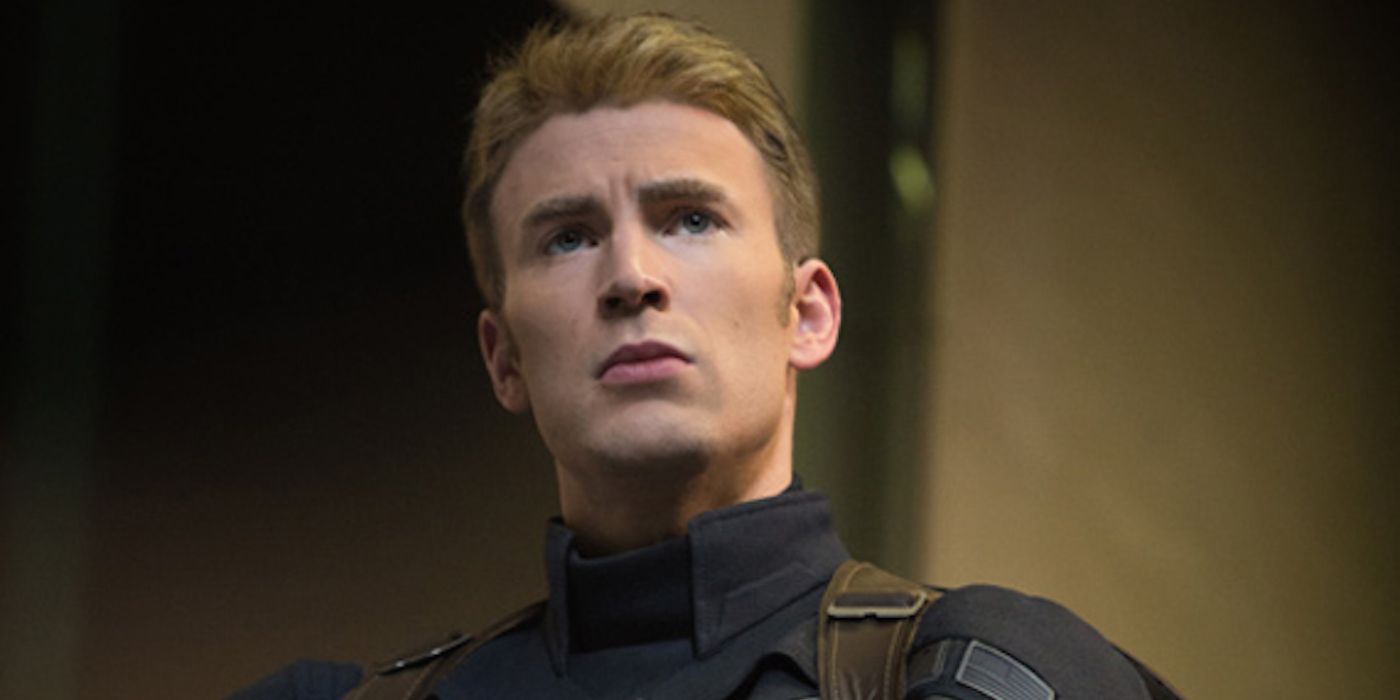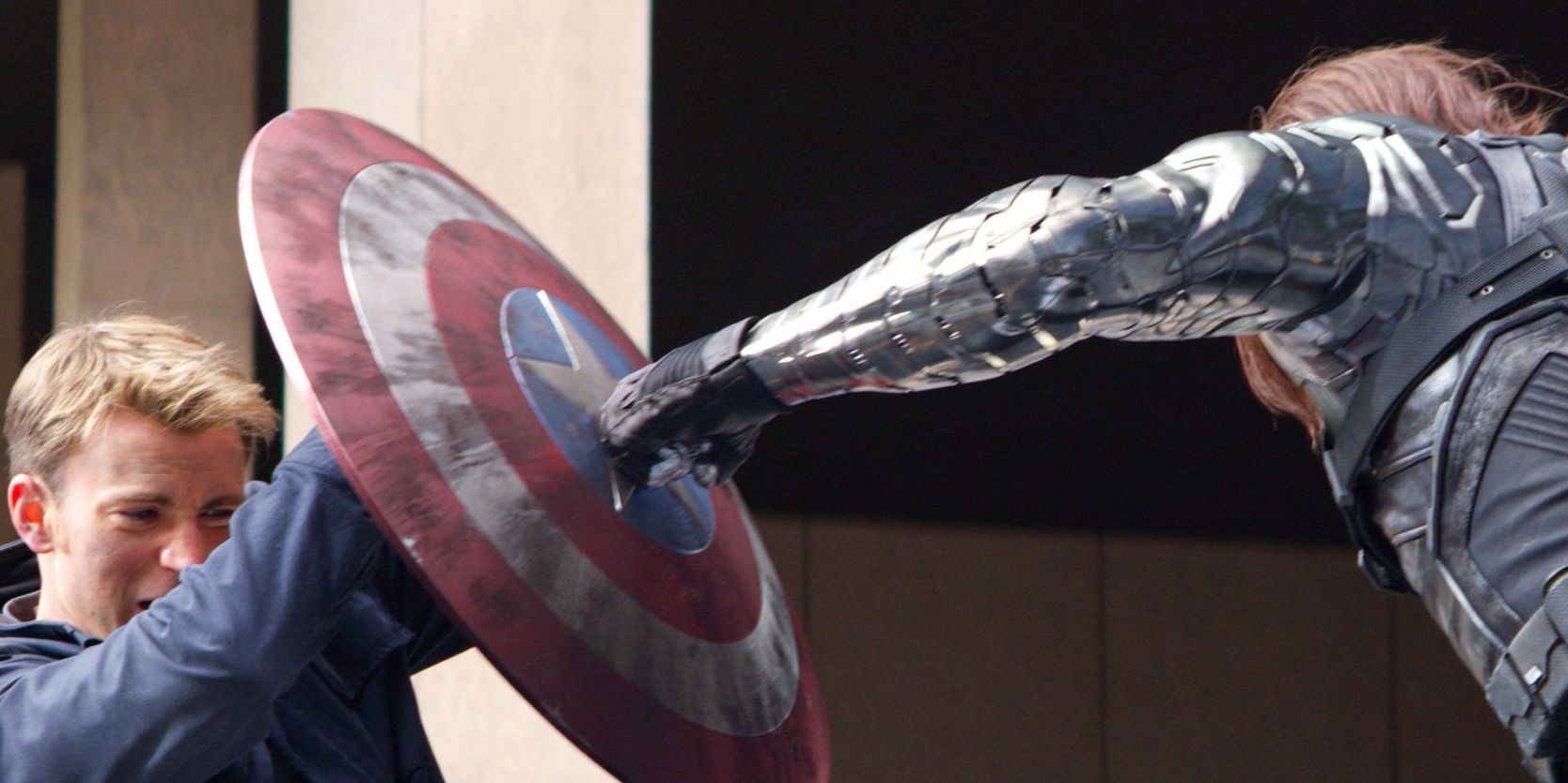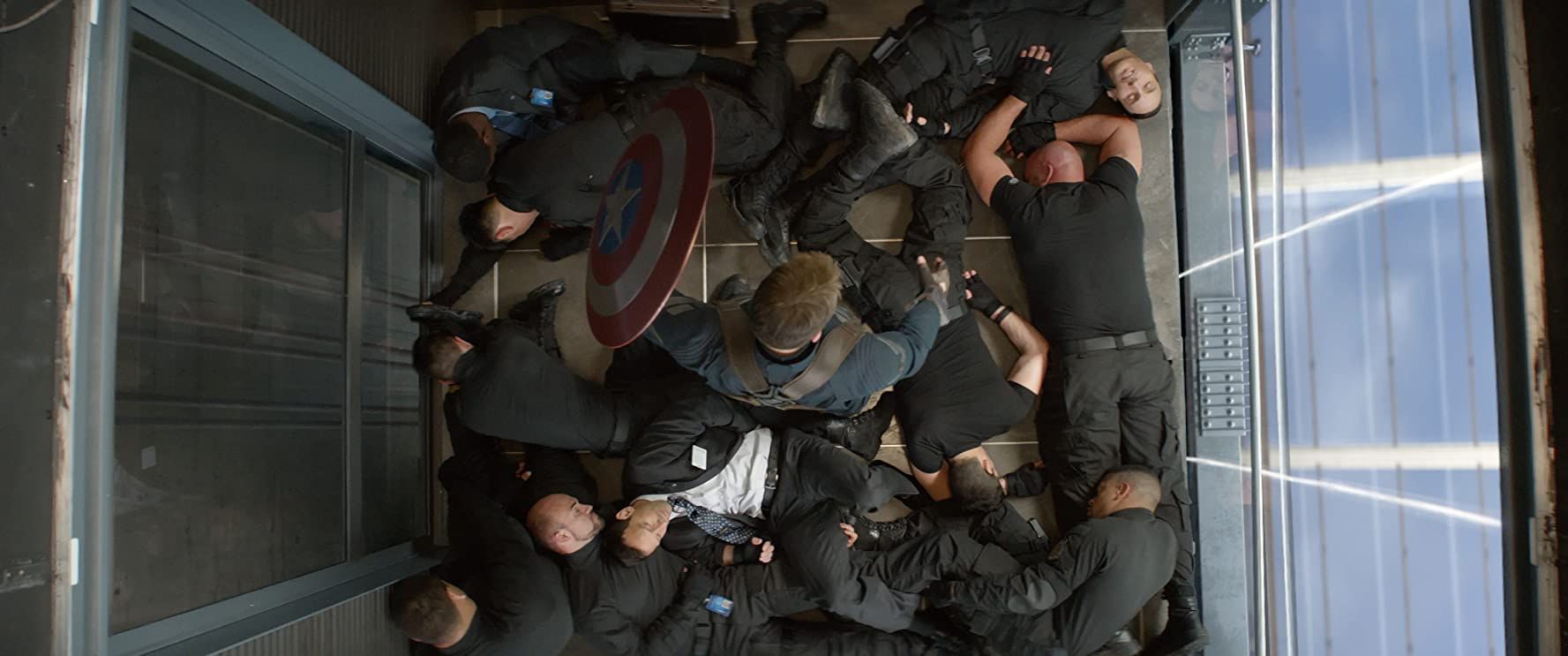Captain America, one of most enduring symbols of freedom and justice is celebrating a birthday on the Fourth of July: Steven Grant Rogers, born July 4, 1918, turns 102 years old on Saturday, at least according to Marvel's timeline. As the nation comes together to celebrate its birth, it’s also a great time to look back at why Captain America: The Winter Soldier deserves special recognition on Independence Day.
Released in 2014, The Winter Soldier captures the essence of what Steve Rogers believes in and represents. Directors Joe and Anthony Russo crafted a terrific spy thriller; it's a terrific bait-and-switch under the noses of Marvel Cinematic Universe fans accustomed to seeing more traditional superhero fare. The murky world of espionage provided a clear backdrop to illustrate why Captain America is so enduring.
The movie helped illustrate the difficulty in defending black-and-white beliefs in a gray world of divided loyalties and mixed agendas. The film shows Captain America leaning on the virtues he holds dear for guidance on his way forward. He is continually challenged to make his own decisions while trapped in a world he can’t fully trust.
As the movie gets under way, Captain America voices his unease with doing “cleanup work” for S.H.I.E.L.D. He reveals the inner conflict in keeping his moral compass aligned with his mission. True to Cap’s sense of duty, he performs his job believing he is doing what’s right. When Black Widow’s secret side mission is revealed, however, the audience feels Cap's sense of betrayal at the hands of his superiors. The brooding distrust is clearly mutual.
The flagrant display of his employers' moral ambiguity tests Steven Rogers’ convictions. His entire existence has been carrying out orders against an obvious enemy. Fighting Nazis is uncomplicated. But as a World War II veteran like Rogers knows well, the excuse of “just following orders” isn’t good enough. He can’t sit idly by and allow evil to triumph while good men do nothing.
Captain America is an essential pillar of the MCU, serving as its moral compass. The Winter Soldier allows Rogers to face enemies both physical and ideological that are antithetical to everything he represents. The movie gives the character breathing room without being drawn into a superhero-ensemble story arc. Crowding the movie would detract from this well structured Cap-centered feature.
The movie never lets you forget Cap's humanity. Steven Rogers is driven by love for his country, a love of freedom and a love of liberty with all the privileges it provides. But also something even more personal – a desire for companionship. H
The MCU is populated with one of the most diverse arrays of layered and complex characters in entertainment. One thing the MCU has mastered, beyond crafting dynamic heroes and villains, is providing a fertile playing field for life shaping events to impact our favorite heroes. We see them grapple with their convictions and beliefs, even grow and change, sometimes with mixed results.
In Captain America: The Winter Soldier, Steven Rogers is continually challenged by characters and situations slathered in ambiguity, uncertainty and deception. When left standing at moral crossroads, with only his deep rooted personal convictions left to guide him, the film never betrays the character’s legacy. It captures a complete portrait of everything Captain America represents to the MCU and his fans.



